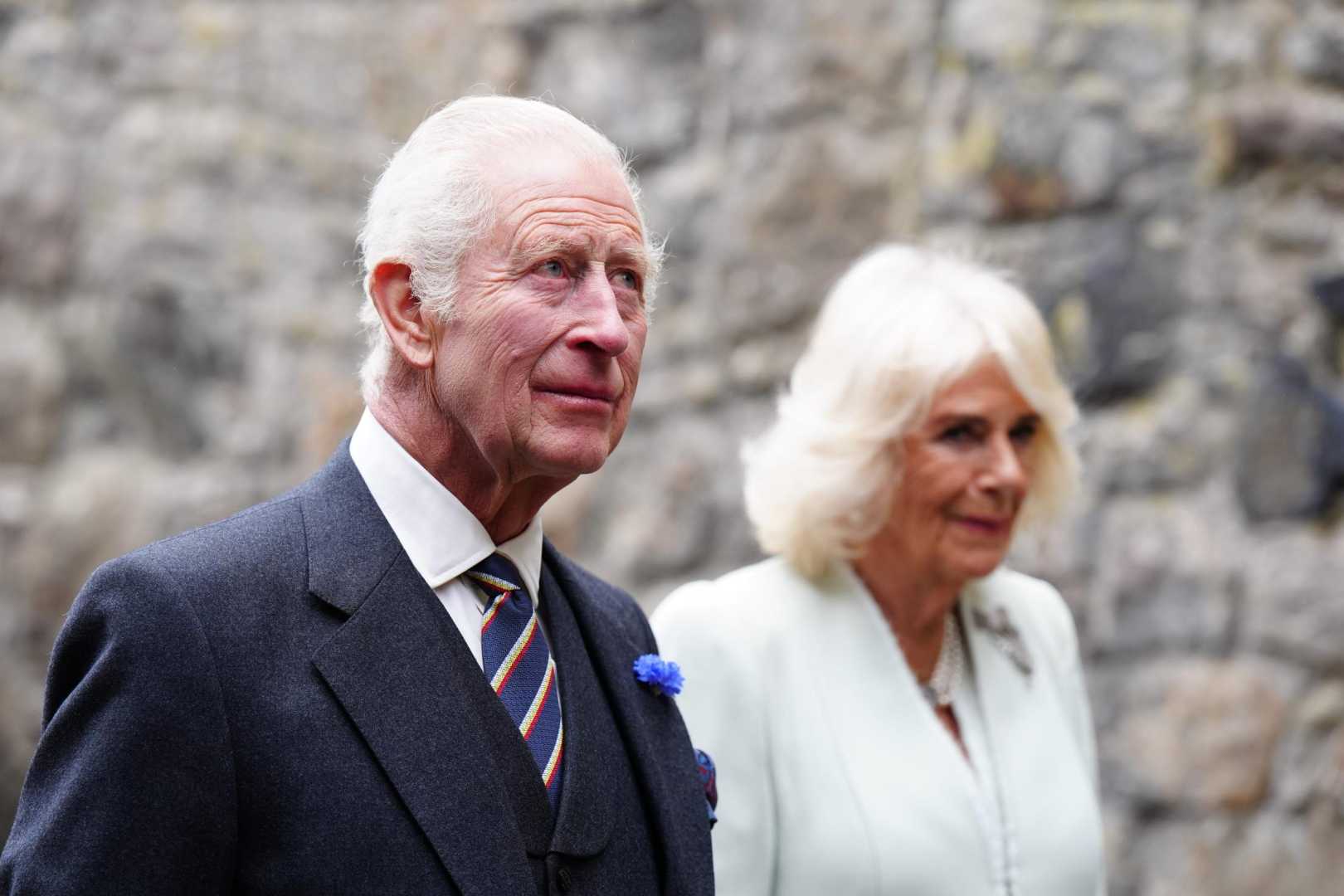News
Growing Sentiment for British Republicanism Amid Royal Visit to Australia

The recent visit of King Charles III to Australia, prior to his attendance at the Commonwealth meeting in Samoa, has been met with a noticeable lack of public enthusiasm and, in some areas, protests orchestrated by republican groups. This mirrors sentiments observed in the United Kingdom, where the republican movement has been gaining traction.
Graham Smith, CEO of the campaign group Republic, has been at the forefront of protests against the monarchy since King Charles ascended to the throne two years prior. Republic has been a visible presence at major royal events, challenging the perceived success of royal tours and highlighting dissent through banners and slogans such as “Not My King!”
The protests have not been isolated to the UK alone. During King Charles’s visit to Australia, Smith expressed his intention to follow and protest the monarch’s trip, aiming to voice opposition against the institution of monarchy. However, this is not a campaign against the Australian monarchy per se, as there are other groups like the Australian Republic Movement focusing on that cause. Instead, it highlights a growing republican sentiment within the Commonwealth.
Smith argues that the monarchy, often seen as a benign institution, is detrimental and outdated. Despite some media portrayals, he suggests that Britain is not a nation of unwavering royalists. Polls indicate a decline in support for the monarchy, particularly after the late Queen Elizabeth II‘s passing. The reign of the new monarch, scandals involving members like Prince Andrew, and the exit of royals such as Harry and Meghan Markle have all contributed to this trend.
The financial burden of the monarchy is a significant point of contention. Recent reports suggest the monarchy costs British taxpayers nearly one billion dollars annually. This expenditure is particularly contentious in light of economic hardships such as cost-of-living crises and impending welfare cuts.
Smith’s campaign extends an invitation to nations like Australia, New Zealand, and Canada to reassess their financial contributions towards supporting the monarchy, emphasizing that constitutional changes could allow these nations to allocate their resources more effectively.
Within the UK, the monarchy is criticized for its role in the political system, which some claim reinforces an outdated constitutional framework and centralizes power around the Prime Minister’s office. Critics argue this poses challenges to democratic values, suggesting that the monarchy is misaligned with the principles of democracy, equality, and rule of law cherished by Commonwealth nations.
The republican cause is resonating beyond the UK. Most Commonwealth countries have transitioned to republics, and less than ten percent of Commonwealth citizens retain King Charles as their head of state. In regions like the Caribbean, there is active momentum towards republicanism.












